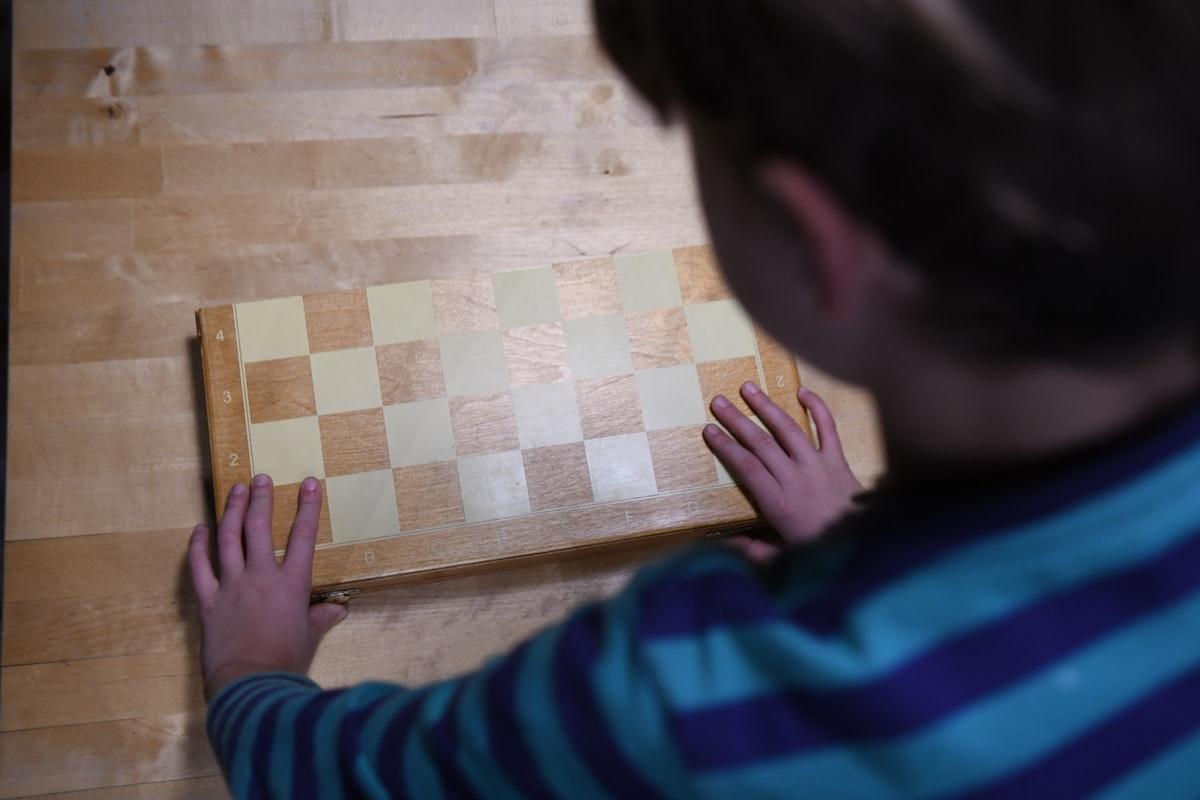Title: Mastering Chess: Avoiding Stalemate
Do you love playing chess? Do you often find yourself stuck in a stalemate situation that leaves you frustrated? If so, our guide on avoiding stalemate in chess is the perfect solution for you. As a chess enthusiast and an expert in Search Engine Optimization and content writing, I have put together this article to help you understand stalemate and how to avoid it in your game. Whether you are new to the game or a seasoned player looking to improve your chess skills, this guide is for you. So, grab your chessboard, and let’s dive in!
Understanding Stalemate: Definition, Examples & Causes.

Stalemate is a unique situation that can occur in chess, and understanding it is crucial for every player. In simple terms, stalemate happens when a player’s king is not in check but cannot move to any square on the board without being captured. Stalemate results in a draw, and it’s essential to avoid it if you want to win the game. In this article, we’ll explore what causes stalemate, how to avoid it, common mistakes that can lead to stalemate, and the benefits of keeping the game momentum. So, get ready to learn how to become a pro at chess and avoid those frustrating deadlock situations.
How to Avoid Stalemate in Chess

To avoid stalemate, one should always think multiple moves ahead. Analyze your opponent’s possible moves and consider how they may respond to your next move. Avoid risking your opponent’s king by leaving them with no room to move, and keep your pieces coordinated to occupy as much space on the board as possible. Always check and recheck before every move, and make sure that your pieces are not exposing your king to danger. Most importantly, focus on controlling the center of the board since it provides better positioning and mobility for your pieces. Lastly, always strive to learn from previous games, identify the mistakes you made, and improve your strategies.
Mistakes Leading to Stalemate in Chess
Making quick decisions and moves without proper analysis of the board is a common mistake that can lead to stalemate. Players may rush to try and win quickly only to find themselves in a deadlock situation. Additionally, overconfidence can make a player complacent, leading them to overlook potential stalemate situations or underestimate their opponent’s skill level. It’s essential to stay focused, avoid making hasty decisions, and consider all possible scenarios to prevent finding oneself in a stalemate situation. By avoiding these common mistakes, you’ll increase your chances of winning the game and becoming a better chess player.
Benefits of Avoiding Stalemate: Keep the Momentum.
Avoiding stalemate has several benefits besides preventing a draw. Keeping the momentum of the game keeps both players engaged and invested till it reaches its conclusion. By avoiding a deadlock, players continue to build on their strategic thinking, pattern recognition, and analytical skills, ultimately improving their game. Moreover, the player who avoids stalemate gains an advantage since their opponent is more vulnerable to making a mistake or exposing their king, leading to a checkmate and a win. So, practice and perfect your strategies, and don’t let stalemate prevent you from achieving a satisfying victory.
Benefits of Avoiding Chess Stalemate
In conclusion, avoiding stalemate is an essential skill that every chess player should learn to win games consistently. By considering the tips outlined in this guide, you can minimize the likelihood of finding yourself in a stalemate situation. Avoiding common mistakes, such as rushing to win or overconfidence, can also help. Remember, learning from previous games, staying focused, and analyzing the board multiple moves ahead are crucial steps towards avoiding stalemate while playing chess. With practice and dedication, you can improve your game, keep the momentum of the game, and ultimately become a better chess player. So, don’t let stalemate frustrate you any further. Apply what you’ve learned from this guide and enjoy playing chess to the fullest.
Chess Stalemate FAQs: Tips & Benefits
What is stalemate in chess?
Stalemate is a unique situation in chess that arises when the player’s king is not in check but has no available moves, resulting in a draw.
What are the common mistakes to avoid to prevent stalemate?
Some common mistakes to avoid include avoiding quick win strategies, staying focused, analyzing the board multiple moves ahead, and not underestimating your opponent.
Can stalemate be avoided entirely?
While it is impossible to avoid stalemate entirely, players can minimize the likelihood of finding themselves in stalemate situations by improving their strategic thinking and analyzing possible scenarios.
What are the benefits of avoiding stalemate?
There are several benefits of avoiding stalemate, such as maintaining the momentum of the game, improving overall chess skills, and gaining an advantage over opponents.
How can I improve my chess skills to avoid stalemate?
You can improve your chess skills by practicing regularly, analyzing previous games, learning from your mistakes, and keeping up with new chess strategies.
Is avoiding stalemate the only way to win a game of chess?
No. Avoiding stalemate is just one of many strategies to win a game of chess. However, it can be a useful tactic to prevent a frustrating draw.